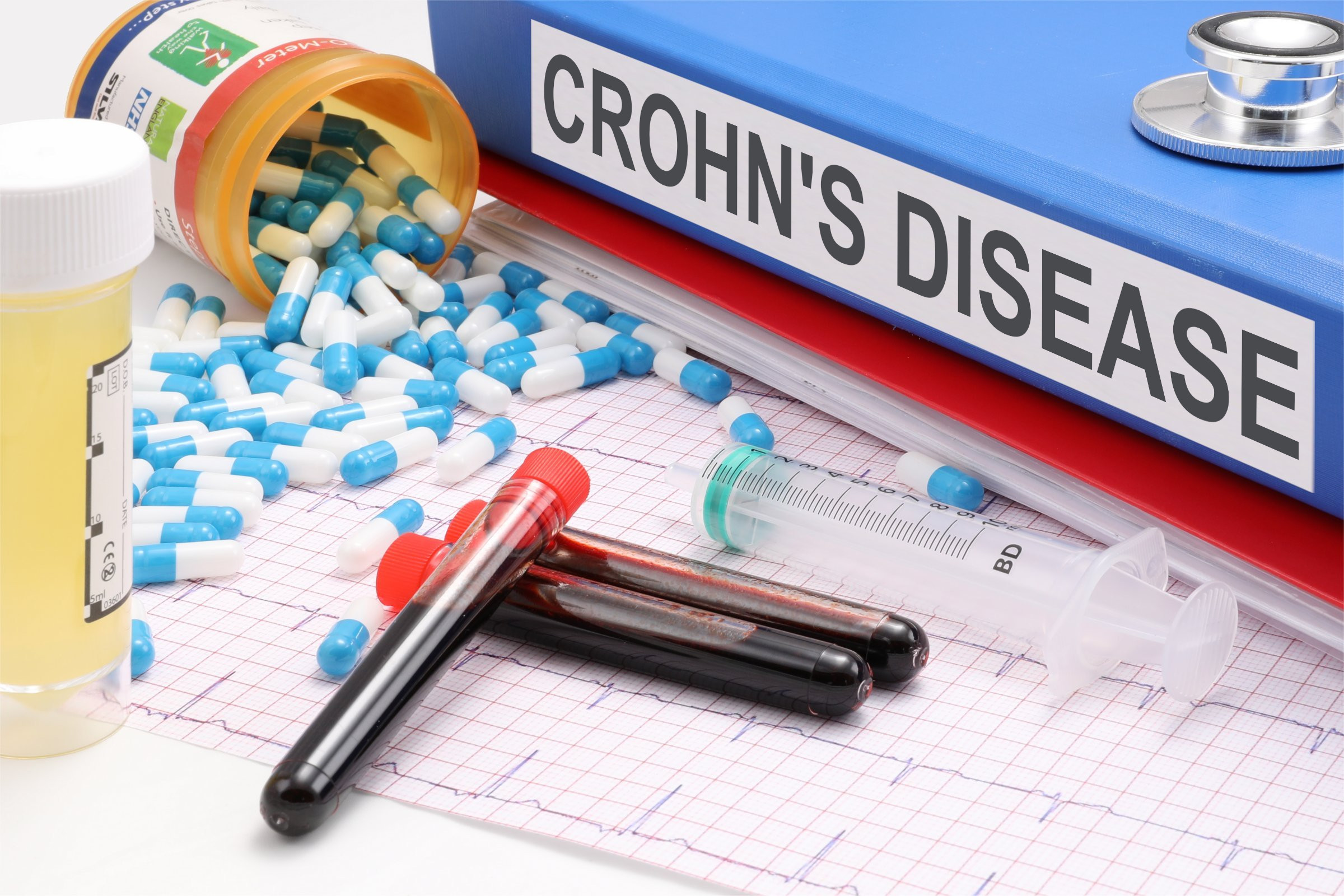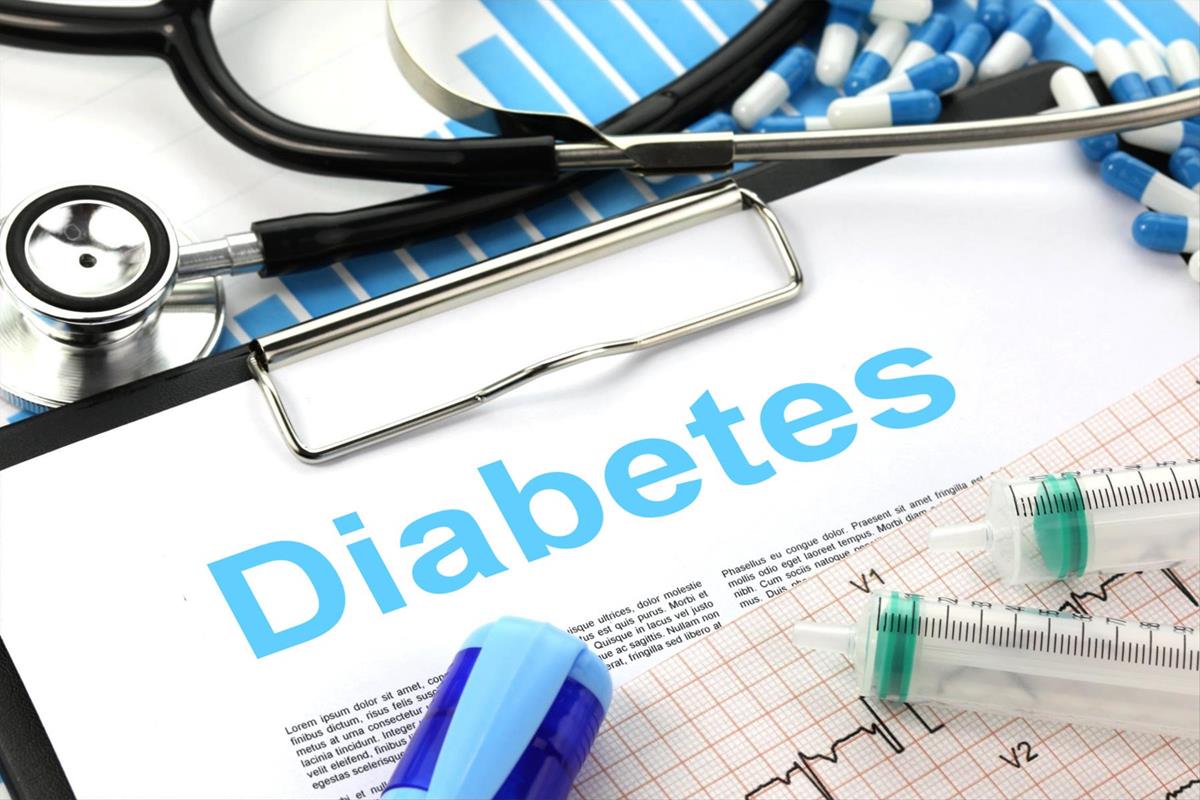Erectile Impotence : Can we fix it ?
Have you been experiencing a decrease in sexual desire? Let’s understand the factors that contribute to low libido and erectile dysfunction.
While it’s natural to have fluctuations in your sex drive, persistent challenges in this area could indicate an underlying issue.
In this guide, we’ll explore the various causes and solutions for male sexual problems, helping you improve your sexual health and overall well-being.
What is Erective Impotence or Dysfunction?
Erectile dysfunction (ED), also known as impotence, is a condition where a man has difficulty getting or maintaining an erection firm enough for sexual activity. It’s a common issue that can be caused by various factors, including:
Treatment options for Erectile Impotence range from oral medications like Viagra (sildenafil) and Cialis (tadalafil) to therapy, lifestyle changes, and in some cases, surgery. It’s essential to consult with a healthcare provider to determine the underlying cause and find the best treatment plan tailored to your needs.
Understanding Low Testosterone and Libido
Low testosterone levels can have a significant impact on your libido, or sexual desire. Testosterone is a hormone that plays a crucial role in stimulating sperm production and maintaining bone and muscle mass. When testosterone levels fall below 300 ng/dL, adult men are considered to have low testosterone.
This decrease in testosterone is a natural part of aging, but a drastic drop can lead to a decrease in libido and sexual desire. If you’re experiencing low libido due to low testosterone levels, your healthcare provider may prescribe testosterone supplements or gels to help increase your testosterone levels and boost your libido.
It’s important to note that the use of testosterone supplements should be closely monitored and prescribed by a healthcare professional to ensure the appropriate dosage and minimize the risk of potential side effects. Testosterone replacement therapy should only be considered after a thorough evaluation and discussion with your healthcare provider.
Remember, low testosterone levels can contribute to low libido, but it’s essential to identify and address any underlying causes or contributing factors to effectively treat and manage your low libido.
Medications That Can Lower Libido
When it comes to low libido, certain medications can be a contributing factor. These medications can have an impact on testosterone levels, resulting in decreased sexual desire and function. It’s important to be aware of the potential side effects of these medications and discuss any concerns with your doctor.
Here are some medications that can lower libido:
- ACE inhibitors
- Beta-blockers
- Opioids
- Corticosteroids
- Antifungal medications
- Anabolic steroids
- Certain antidepressants
If you suspect that your medication is causing low libido, it’s important to talk to your doctor about potential alternatives or adjustments to your current medication regimen. They can provide guidance based on your specific situation and help you find a solution that addresses both your medical needs and sexual wellness.
Table: Medications That Can Lower Libido
| Medication |
Impact on Testosterone Levels |
Common Side Effects |
| ACE inhibitors |
May lower testosterone levels |
Fatigue, dizziness, dry cough |
| Beta-blockers |
Can cause decreased testosterone production |
Fatigue, dizziness, low energy |
| Opioids |
Can suppress testosterone levels |
Constipation, drowsiness, nausea |
| Corticosteroids |
May reduce testosterone production |
Increased appetite, weight gain, mood changes |
| Antifungal medications |
Can affect testosterone levels |
Nausea, vomiting, diarrhea |
| Anabolic steroids |
Can suppress natural testosterone production |
Mood swings, acne, liver damage |
| Certain antidepressants |
May decrease libido and sexual function |
Weight gain, fatigue, sexual dysfunction |
It’s important to note that not everyone will experience these side effects, and the degree of impact can vary from person to person. However, if you notice a significant change in your libido after starting a new medication, it’s worth discussing with your healthcare provider to explore potential alternatives or adjustments.
The Link Between Restless Legs Syndrome and Erectile Impotence
Restless legs syndrome (RLS) has been found to be linked to an increased risk of developing Erectile Impotence and experiencing low libido. Men who have frequent RLS episodes are more likely to develop ED and become impotent. The exact reason for this link is not fully understood, but it is believed that the disrupted sleep patterns and altered dopamine levels associated with RLS play a role.
RLS is a neurological disorder characterized by an irresistible urge to move the legs, often accompanied by uncomfortable sensations such as tingling, crawling, or aching. These symptoms typically worsen at night, leading to sleep disturbances. The impact of RLS on sexual health can be significant, affecting both arousal and sexual performance.
One possible explanation for the link between RLS and Erectile Impotence is the disruption of normal sleep patterns. Chronic sleep deprivation can lead to hormonal imbalances, including a decrease in testosterone levels. Testosterone is an essential hormone for sexual desire and function in men.
Additionally, the discomfort and restlessness caused by RLS can contribute to feelings of stress and anxiety, further impacting sexual performance and libido.
Managing RLS symptoms can help alleviate the impact on sexual health. Treatment options for RLS may include lifestyle modifications, such as regular exercise, avoiding caffeine and alcohol, and practicing relaxation techniques before bed. Medications that increase dopamine levels or regulate the neurological activity related to RLS may also be prescribed. Consulting with a healthcare provider is crucial to determine the best approach for managing both RLS symptoms and any associated sexual dysfunction.
The Impact of Depression on Libido
Depression can have a significant impact on your libido and overall sexual desire. It is not uncommon for individuals experiencing depression to have a reduced or complete lack of interest in sexual activities. This can result in challenges in relationships and a decreased sense of intimacy.
Furthermore, certain antidepressant medications commonly prescribed for depression, such as selective serotonin reuptake inhibitors (SSRIs) and serotonin-norepinephrine reuptake inhibitors (SNRIs), can also cause sexual side effects, including low libido. These medications work by increasing the levels of certain brain chemicals, but they can unintentionally affect your sexual functioning.
If you are currently taking antidepressants and are experiencing sexual side effects or a decrease in libido, it is important to discuss these concerns with your doctor. They may be able to adjust your medication or explore alternative options that can alleviate your symptoms while minimizing the impact on your sexual health.
“Depression can have a significant impact on your libido and overall sexual desire.”
The Importance of Mental Health
It is crucial to prioritize your mental health when addressing the impact of depression on your libido. Seeking therapy, such as cognitive-behavioral therapy (CBT) or counseling, can help you explore the underlying causes of your depression and develop coping strategies. Additionally, practicing self-care activities, engaging in regular exercise, and maintaining a healthy lifestyle can contribute to improving your overall mental well-being and, in turn, your sexual health.
Remember, you are not alone in dealing with depression and its effects on libido. Seeking support from loved ones and connecting with support groups can provide you with valuable resources and understanding. Taking proactive steps in managing your mental health can lead to improvements in your overall quality of life, including your sexual wellness.
Chronic Illness and Its Effect on Libido
Living with a chronic illness can have a significant impact on your libido and sexual health. Chronic illnesses such as cancer, type 2 diabetes, obesity, high blood pressure, and chronic lung, heart, kidney, and liver failure can all contribute to a decreased interest in sex and reduced sexual function. It’s important to understand how chronic illness can affect your libido and seek support and guidance to address these challenges.
One common factor that can contribute to a decrease in libido is chronic pain. Chronic pain can be physically and emotionally draining, and it can make it difficult to feel motivated or interested in sexual activity. Additionally, certain chronic health conditions may require medications that can have sexual side effects, further impacting libido. It’s important to discuss any changes in libido with your healthcare provider, as they may be able to adjust your treatment plan or prescribe alternative medications that have fewer sexual side effects.
When dealing with a chronic illness, it’s essential to communicate openly with your partner about any challenges or concerns regarding intimacy. Seeking support from a marriage counselor or sex therapist can also provide valuable guidance and strategies to maintain a satisfying sexual relationship despite the challenges posed by chronic illness. Remember, you are not alone in facing these difficulties, and there are resources available to help you navigate this aspect of your life.
Table: Impact of Chronic Illness on Libido
| Chronic Illness |
Effect on Libido |
| Cancer |
May cause fatigue, pain, and emotional distress leading to a decrease in libido |
| Type 2 Diabetes |
Can lead to nerve damage and hormonal imbalances, which can affect sexual desire and function |
| Obesity |
Can contribute to hormonal disturbances and decreased self-esteem, leading to a decrease in libido |
| High Blood Pressure |
Medications used to manage high blood pressure can have sexual side effects, impacting libido |
| Chronic Lung, Heart, Kidney, and Liver Failure |
These conditions can cause fatigue, shortness of breath, and physical limitations that can affect sexual activity and desire |
Remember that each individual’s experience with chronic illness and its impact on libido is unique. It’s essential to work closely with your healthcare team to develop a personalized approach that addresses your specific needs and challenges. By seeking support, communicating openly, and exploring available treatment options, you can find ways to maintain a fulfilling sexual life despite the challenges posed by chronic illness.
The Connection Between Sleep Problems and Libido
Sleep problems can have a significant impact on your libido and overall sexual activity. One common sleep disorder that has been linked to low libido is obstructive sleep apnea. This condition causes disruptions in your breathing during sleep, leading to frequent awakenings and poor sleep quality. Studies have shown that men with severe sleep apnea are more likely to have reduced testosterone levels, which can contribute to low libido.
Not getting enough sleep or experiencing chronic sleep deprivation can also affect your testosterone levels and libido. Sleep restriction can lead to decreased testosterone production, making it harder for you to feel sexually aroused and maintain sexual activity. It’s important to address any sleep issues you may have and consult with a healthcare professional for proper diagnosis and treatment.
| Sleep Problems |
Impact on Libido |
| Obstructive sleep apnea |
Higher risk of reduced testosterone levels and low libido |
| Sleep restriction and chronic sleep deprivation |
Decreased testosterone production and difficulty feeling sexually aroused |
If you suspect that sleep problems are affecting your libido, it’s important to seek help. Addressing your sleep issues can not only improve your libido but also enhance your overall sexual health and well-being. Consult with a healthcare professional who specializes in sleep disorders for a proper evaluation and personalized treatment plan.
Managing Sleep Problems for Improved Libido
Here are some strategies that can help you manage sleep problems and boost your libido:
- Establish a regular sleep schedule, going to bed and waking up at the same time every day.
- Create a relaxing bedtime routine, including activities like reading or taking a warm bath.
- Ensure your sleep environment is comfortable, quiet, and conducive to sleep.
- Avoid stimulating activities, such as using electronic devices or consuming caffeine, close to bedtime.
- Engage in regular exercise, but avoid vigorous workouts close to bedtime.
- Try relaxation techniques, such as deep breathing exercises or meditation, to promote better sleep.
By taking steps to improve your sleep quality and addressing any underlying sleep disorders, you can support healthy testosterone levels and maintain a satisfying sex life. Sleep plays a crucial role in overall well-being, and prioritizing good sleep hygiene can have positive effects on your libido and sexual activity.
Aging and Its Impact on Libido and Sexual Function
As men age, changes in hormone levels and physical health can have an impact on libido and sexual function. It’s important to understand these changes and explore solutions to maintain a satisfying sex life.
One of the primary factors that can affect libido and sexual function as you age is the decrease in testosterone levels. Testosterone is a hormone that plays a crucial role in sexual desire and performance. As you get older, your body naturally produces less testosterone, which can lead to a decrease in libido and difficulties in achieving and maintaining erections.
Fortunately, there are treatment options available to address these age-related changes. Medications like Viagra, Cialis, and Levitra can help improve erectile function and enhance sexual performance. These drugs work by increasing blood flow to the penis, helping you achieve and sustain erections. It’s essential to consult with a healthcare provider to determine the right medication and dosage for you.
Additionally, making lifestyle changes can also have a positive impact on libido and sexual function. Regular exercise, a healthy diet, and managing stress can help improve overall physical and sexual health. Engaging in open communication with your partner about your desires, concerns, and expectations can also contribute to a satisfying and fulfilling sex life as you age.
Factors Influencing Libido and Sexual Function in Aging Men
Several factors can influence libido and sexual function in aging men. These factors include:
- Changes in hormone levels, particularly a decrease in testosterone production
- Physical health conditions, such as cardiovascular disease, diabetes, and obesity
- Medications that may have side effects affecting sexual function
- Psychological factors, including stress, anxiety, and depression
Table: Comparing Treatment Options for Age-Related Sexual Issues
| Treatment Option |
Benefits |
Potential Side Effects |
| Medications (Viagra, Cialis, Levitra) |
Improved erectile function |
Headache, flushing, indigestion |
| Hormone Replacement Therapy |
Increased libido and energy levels |
Risk of blood clots, prostate issues |
| Lifestyle Changes (exercise, healthy diet) |
Improved overall physical and sexual health |
No significant side effects |
It’s important to consult with a healthcare professional to determine the most suitable treatment option based on your individual needs and health condition.
Remember, aging doesn’t have to mean a decline in sexual satisfaction. By understanding the factors that influence libido and sexual function and exploring appropriate treatment options, you can maintain a fulfilling sex life well into your later years.
The Impact of Stress on Libido
Stress can have a significant impact on your libido and overall sexual desire. When you’re stressed, your body releases the hormone cortisol, which can interfere with the production of testosterone, the hormone responsible for sexual arousal. Additionally, stress can narrow your blood vessels, making it more difficult for blood to flow to the genital area, resulting in difficulties with arousal and Erectile Impotence.
Performance anxiety is another common consequence of stress that can affect libido. Worrying about your sexual performance can create additional stress and pressure, leading to a decrease in sexual desire. It’s important to remember that sexual performance is not solely about physical abilities but also about emotional connection and communication with your partner.
“Stress can be a major obstacle when it comes to enjoying a satisfying sex life. Managing stress is key to improving libido and sexual desire.”
Fortunately, there are various stress management techniques that can help alleviate the impact of stress on your libido. Regular exercise, such as aerobic activities or yoga, can reduce stress and increase endorphin levels, promoting a positive mood and higher libido. Deep breathing exercises, meditation, and mindfulness practices can also help calm the mind and reduce stress levels.
| Stress Management Techniques |
Benefits |
| Regular exercise |
Reduces stress and promotes a positive mood |
| Deep breathing exercises |
Calms the mind and reduces stress levels |
| Meditation |
Promotes relaxation and reduces anxiety |
| Mindfulness practices |
Helps in staying present and reducing stress |
Taking time for self-care, engaging in activities you enjoy, and practicing open communication with your partner about your stress and its impact on your libido can also be beneficial in managing stress and improving your sexual desire. If stress continues to have a significant impact on your libido, it may be helpful to seek support from a therapist or counselor who specializes in sexual health and intimacy.
Psychological Factors Affecting Libido
When it comes to low libido, it’s important to consider the impact of psychological factors such as low self-esteem, body image issues, and lack of confidence. These factors can significantly affect your sexual desire and overall satisfaction in intimate relationships. Dealing with these psychological challenges is crucial for enhancing your mental well-being and improving your libido.
Low self-esteem can have a profound impact on your sexual confidence. Feeling insecure or having negative thoughts about your body can lead to a decreased desire for sexual activities. It’s essential to practice self-acceptance and self-love to boost your self-esteem and cultivate a positive body image. Seeking therapy or counseling can also be beneficial in addressing these issues and rebuilding your confidence.
Additionally, mental health conditions such as depression and anxiety can contribute to low libido. These conditions can make it challenging to feel sexual desire and pleasure. Seeking professional help from a mental health provider can be instrumental in managing these conditions and improving your overall mental well-being, which in turn can positively impact your libido.
Sex therapy is another valuable resource for addressing the psychological factors that affect libido. Sex therapists are trained professionals who can help you explore and identify the root causes of low libido. They can provide guidance and suggest strategies to improve communication, intimacy, and overall sexual satisfaction in your relationships. Sex therapy can also help you navigate any other relationship issues that might be impacting your libido.
| Psychological Factors Affecting Libido |
| Low self-esteem |
| Body image issues |
| Lack of confidence |
| Mental health conditions |
| Sex therapy |
Addressing the psychological factors affecting your libido is a vital step in reclaiming your sexual wellness. Remember, seeking help and support is a sign of strength and can lead to significant improvements in your overall sexual health and satisfaction.
Conclusion
Understanding what affects your sexual desire and performance is key to a healthy sex life. Factors like hormones, medications, health conditions, lifestyle, and relationship issues can impact your libido.
Talking to a healthcare professional is vital. They can help pinpoint the root causes and suggest treatments, which might include hormone therapy, medication adjustments, or counseling.
Simple lifestyle changes can also make a difference. Managing stress, getting quality sleep, eating well, and staying active can boost your libido.
Remember, taking action and seeking support is the first step to better sexual health. By addressing what’s causing your low libido, you can improve your overall sexual well-being and feel more satisfied in your relationships.
.FAQ
What is low libido?
Low libido refers to a decreased interest in sexual activity.
What are some factors that can cause low libido?
Low libido can be caused by various factors such as low testosterone, medications, restless legs syndrome, depression, chronic illness, sleep problems, aging, stress, low self-esteem, lack of exercise, alcohol and drug use.
How is low libido treated?
Treating low libido often depends on treating the underlying issue, whether it’s a physical condition or psychological factors.
Can low testosterone levels cause low libido in men?
Yes, low testosterone levels can contribute to low libido in men. Testosterone is responsible for stimulating sperm production and sexual desire.
Can certain medications lower testosterone levels and affect libido?
Yes, certain medications such as ACE inhibitors, beta-blockers, opioids, corticosteroids, antifungal medications, anabolic steroids, and certain antidepressants can lower testosterone levels and affect sexual function.
Is restless legs syndrome linked to low libido?
Yes, restless legs syndrome (RLS) has been found to be linked to an increased risk of developing Erectile Impotence and experiencing low libido.
Can depression decrease libido?
Yes, depression can significantly impact a person’s sex drive, leading to a reduced or complete lack of interest in sexual activities.
Can chronic illness affect libido?
Yes, chronic illness such as cancer, type 2 diabetes, obesity, high blood pressure, and chronic lung, heart, kidney, and liver failure can have a negative impact on libido.
How do sleep problems affect libido?
Sleep problems, such as obstructive sleep apnea, can lead to lower testosterone levels and decreased sexual activity and libido in men.
Does aging affect libido?
Yes, as men age, their testosterone levels naturally decrease, which can result in changes in libido and sexual function.
Can stress impact libido?
Yes, stress can have a significant impact on libido by disrupting hormone levels and narrowing arteries.
Can low self-esteem and lack of confidence contribute to low libido?
Yes, low self-esteem, poor body image, and lack of confidence can contribute to decreased libido and anxiety about sexual performance.
Source Links





